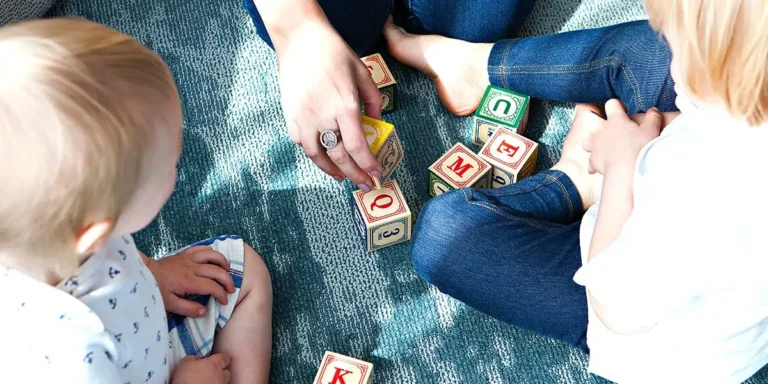Piaget, a psychologist who studies the intellectual and cognitive development of children, tells us about stage of egocentrism and refers to the difficulty that children have in placing themselves in a perspective other than their own. That's when children discover that they are the center of attention and feel that everything belongs to them. This process, necessary and natural, makes Before the age of three or four our children are not prepared to share and that they build their thoughts from their experiences. This is how they learn that just by wanting something, it is already theirs and here appears one of their favorite words that they best pronounce “MINE”.
Getting rid of a toy for children means losing them permanently because, for them, what they cannot see does not exist. With this in mind, we can understand that they think that if they lend something they will no longer see it. All of this It's part of your developmentAs they grow, they create their own resources to face life: they learn to crawl, babble, feed themselves, walk, run, talk, etc. In the same way, they will learn to share and those moments will be a great opportunity to work on empathy.
There are other factors take into account when sharing, such as link that they have with the person, the time (are you just using it?), the object to share (is it one of his favorite toys?) or his emotional state (Is this the right time to ask you to share?) In order not to create negative experiences, we will not force our children to share, we will make them understand the benefits until they themselves decide when to do so. With that freedom they will learn to share from the heart.
Nothing better than being an example. Children learn by observation, so it is important that they first see us sharing. If we ask them to share their toys, but at home everyone has their own and we don't let others touch or use them, cognitive dissonance is created (we do the opposite of what we say and ask).
We leave you some tips that we apply at Happy Way to encourage the little ones to share:
- Patience and understanding always
- As a symbolic game we can create situations of sharing things, children do not learn by listening, but by playing.
- We can encourage cooperative and group games such as puzzles, shape boxes, car races, etc.
- Games that involve waiting for turns, so when they want another toy from another child or have to give something to another child, they will understand that they will have it for a little while
- Let's avoid long explanations, if we see that they are playing with something for a long time, we will invite them to give it to another child, so they also explore different toys
- Validate and accept that many times they do not want to share their toys
- Sometimes, to avoid fights between children, it will be important to let them know who owns what and, if they are common toys, we will establish turns avoiding conflict.
- At home we can share some of our things with them
- If in this process of learning to share, they get angry, we will give a name to the emotion they are experiencing, so they will feel that we are listening and understanding them and we will help them express it.
- They should not feel that sharing is an obligation
- Let's give space and time to certain situations so that they have the opportunity to resolve things between them (always with adult observation).
- Observing and listening well to our children will give us the opportunity to offer them different alternatives, creating a moment of communication.
- If we observe that our child wants another child's toy and wants to take it away by force (very natural behavior), we will help him and give him the words so that he can ask for it and thus express his wishes regarding the toy he wants.
- It is important to look at ourselves, how we behave towards society will be a guide for our children. They notice everything and observe everything around them.
- When they share, we will reinforce the action with positive words, briefly telling them how important it is to share. If you want to share, we will respect that and not say anything else
- In the park or a friend's house, we explain certain situations to him: that he may be asked to borrow his toys, that he will also want other people's toys and how to ask for them to avoid or reduce conflicts.
- Not all children are ready to share at the same moment, we must respect the evolutionary rhythm of each one




